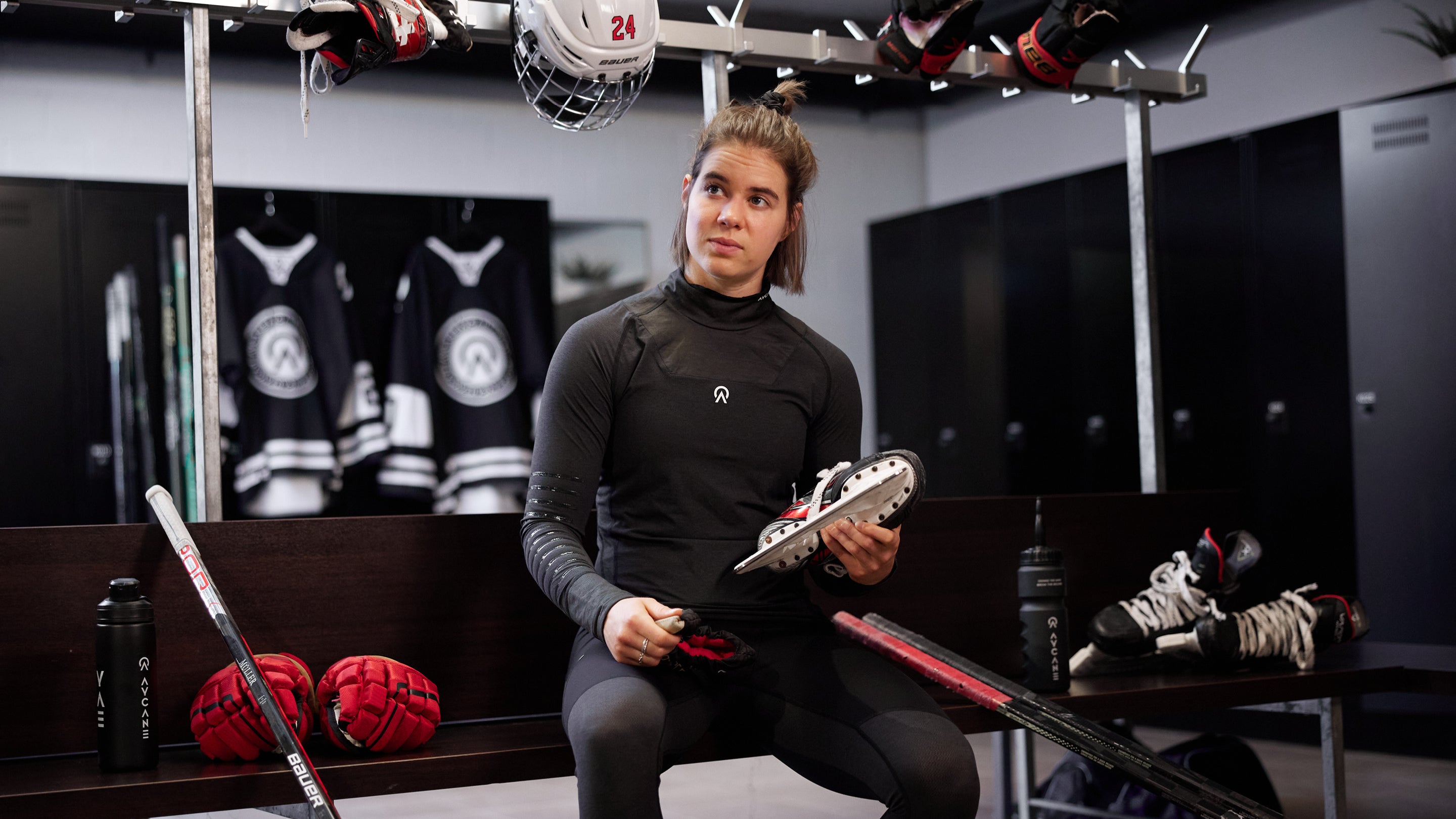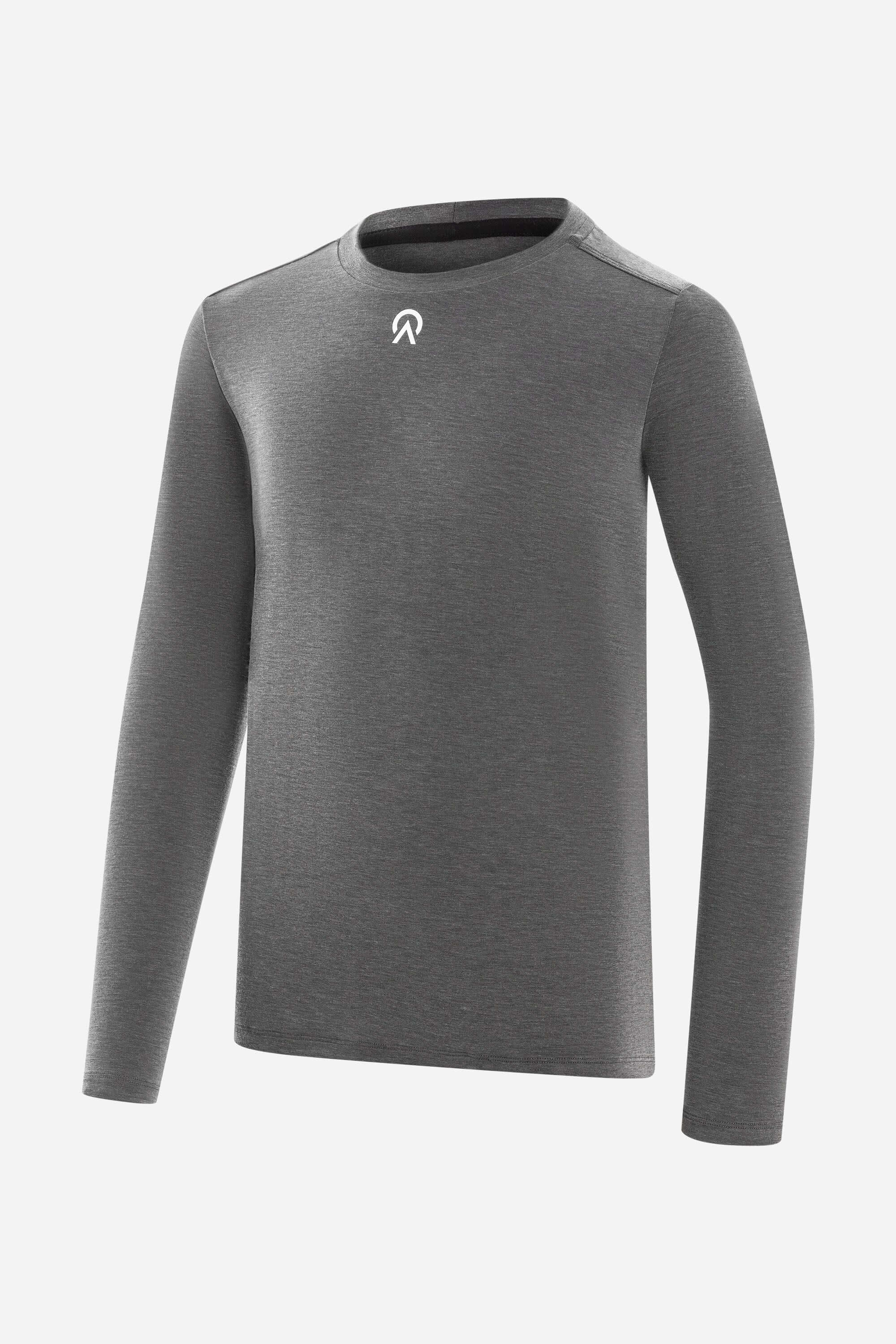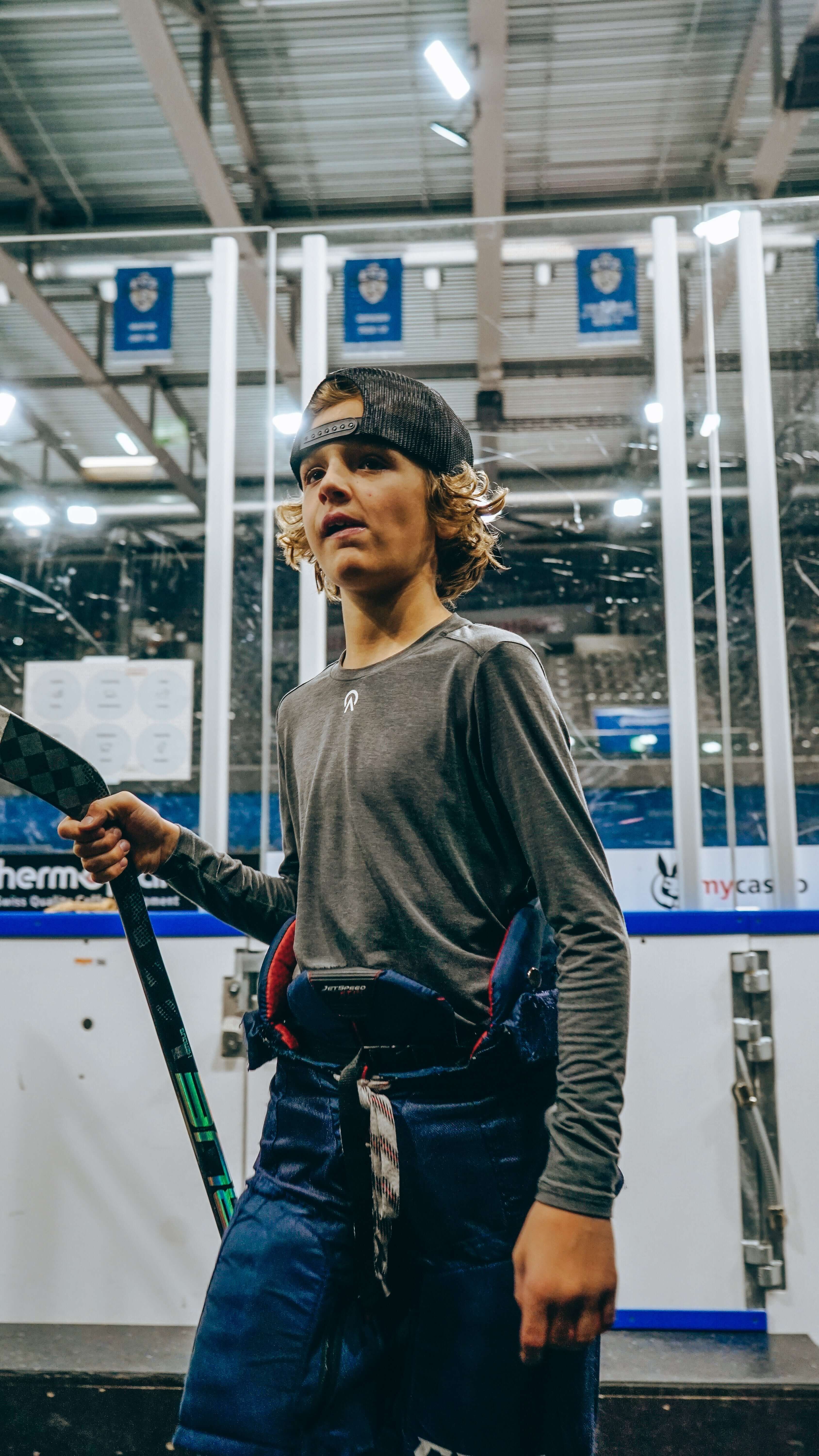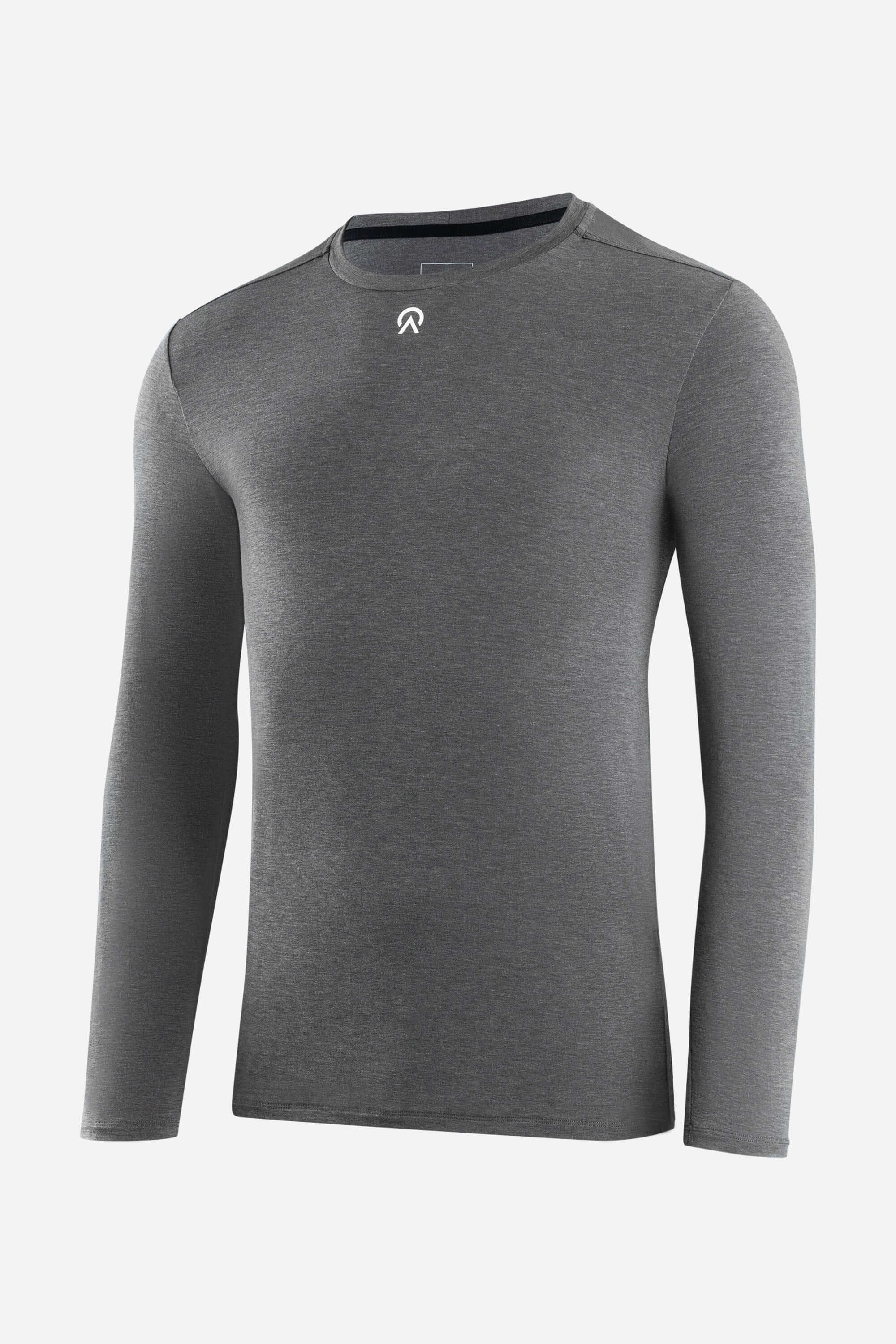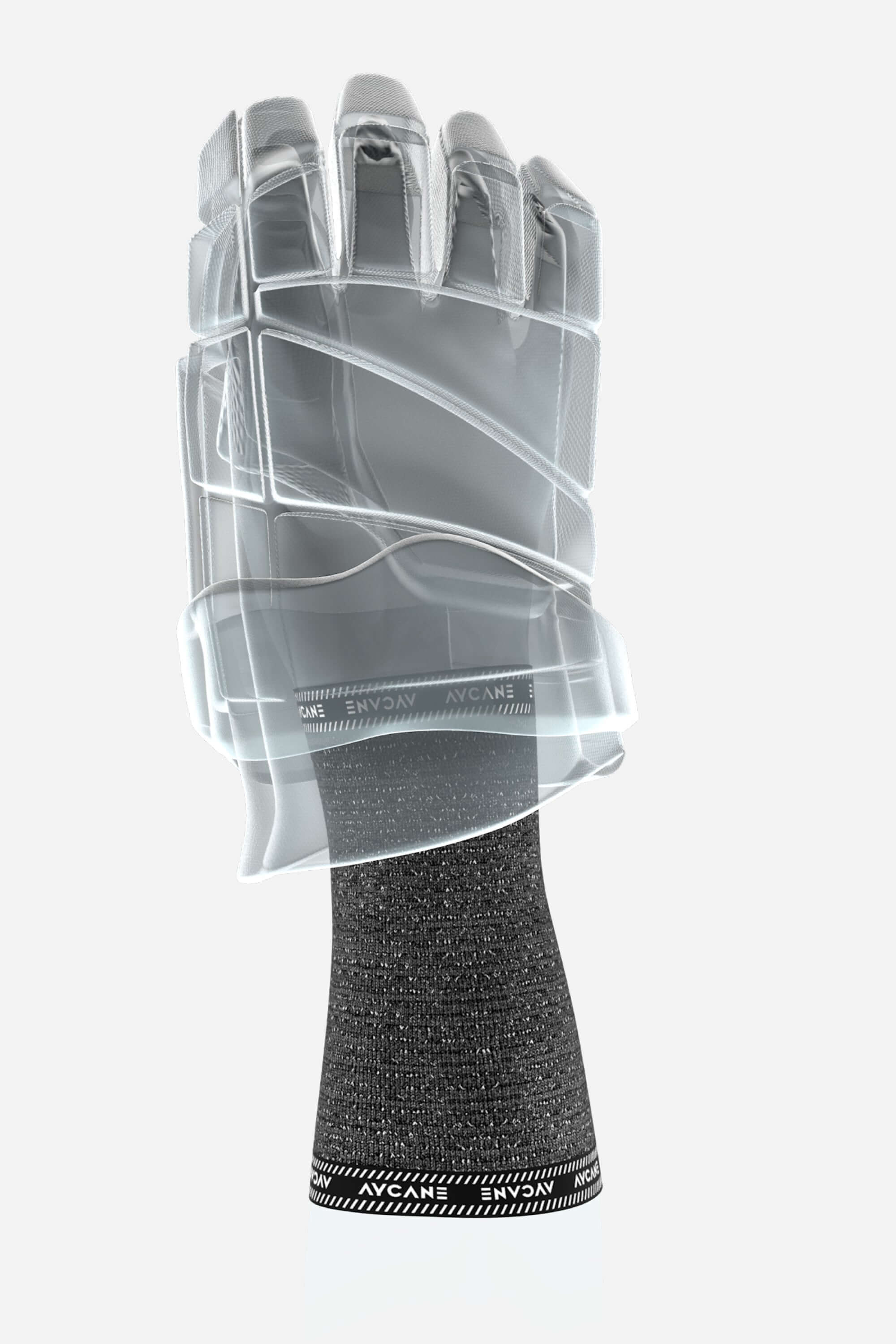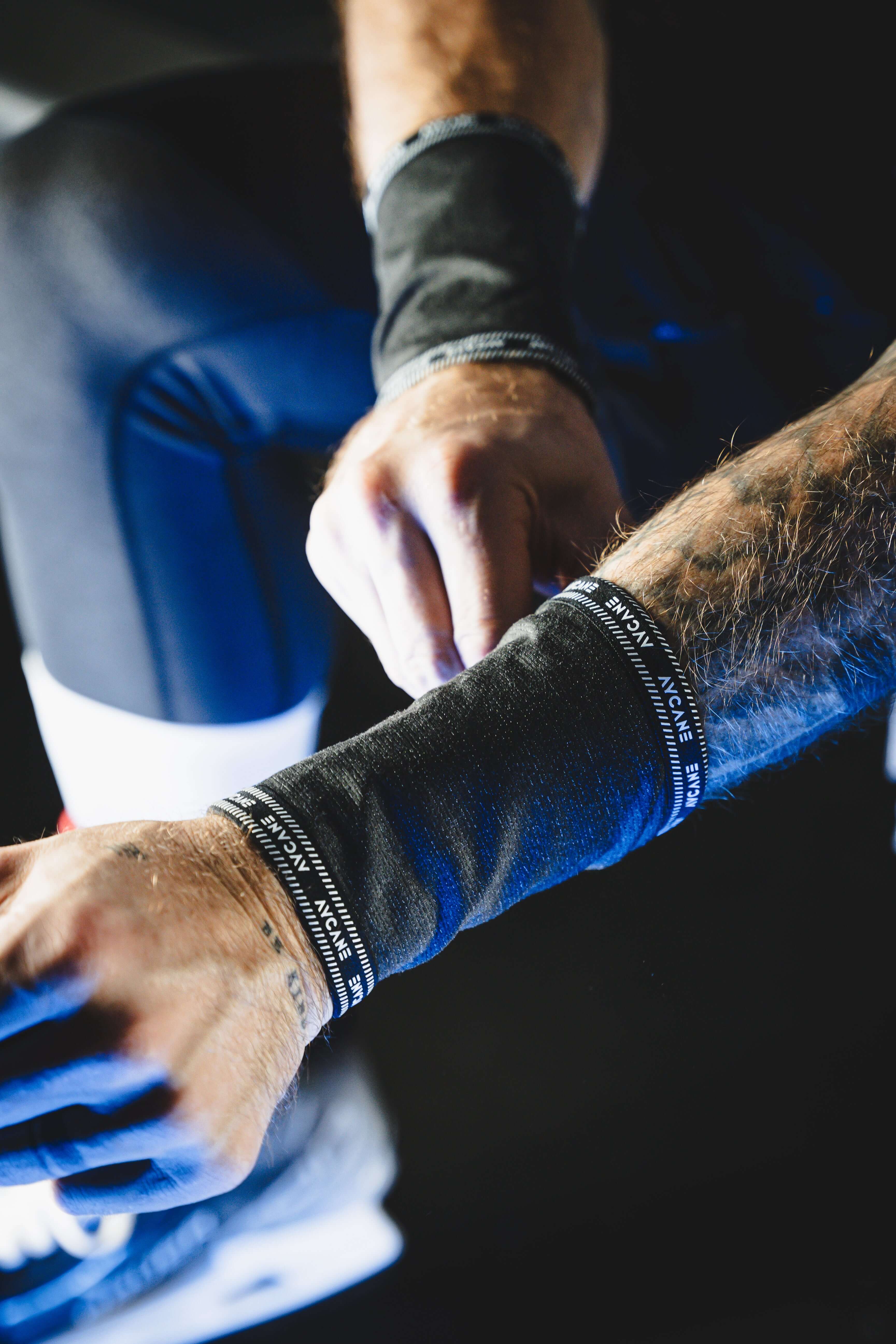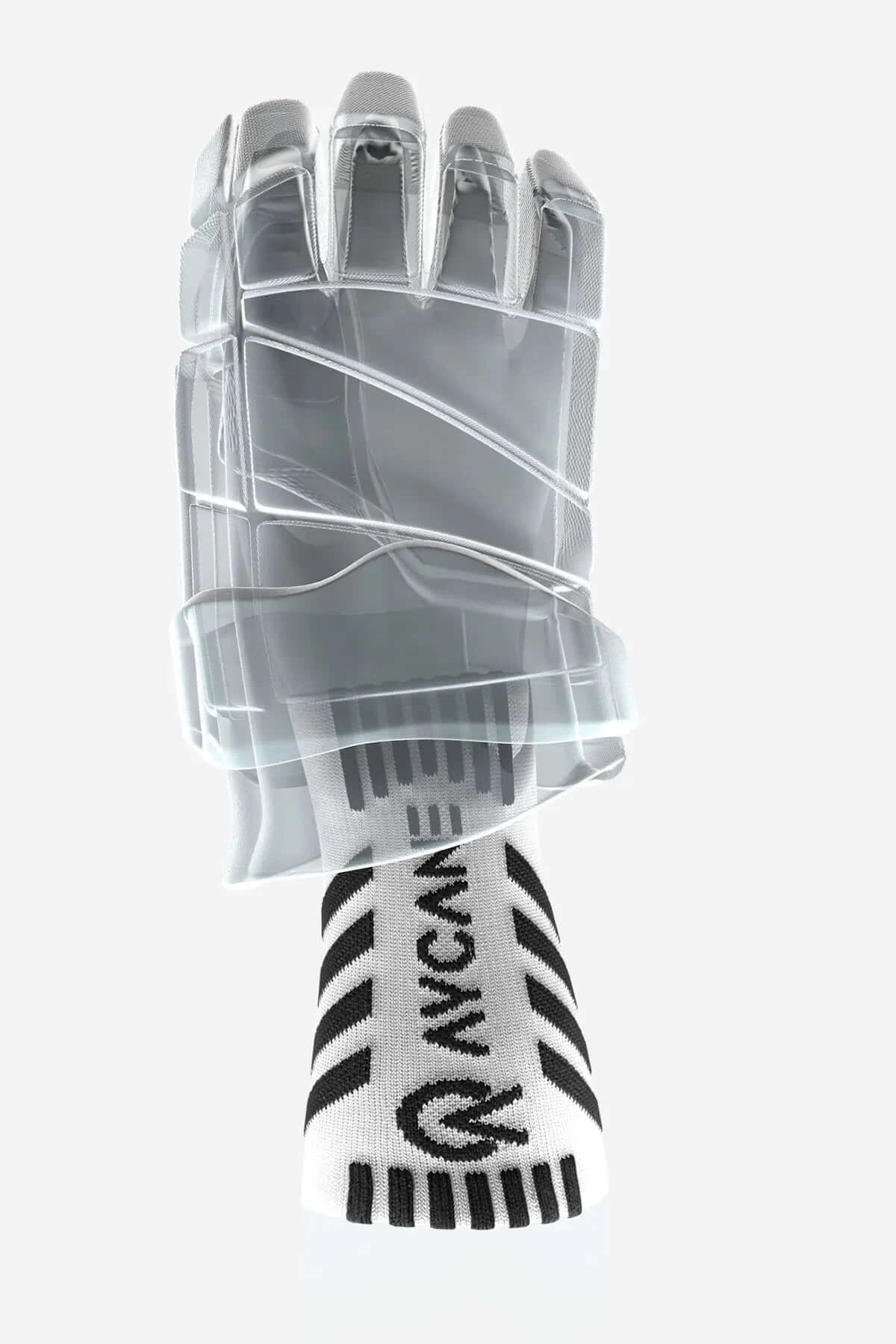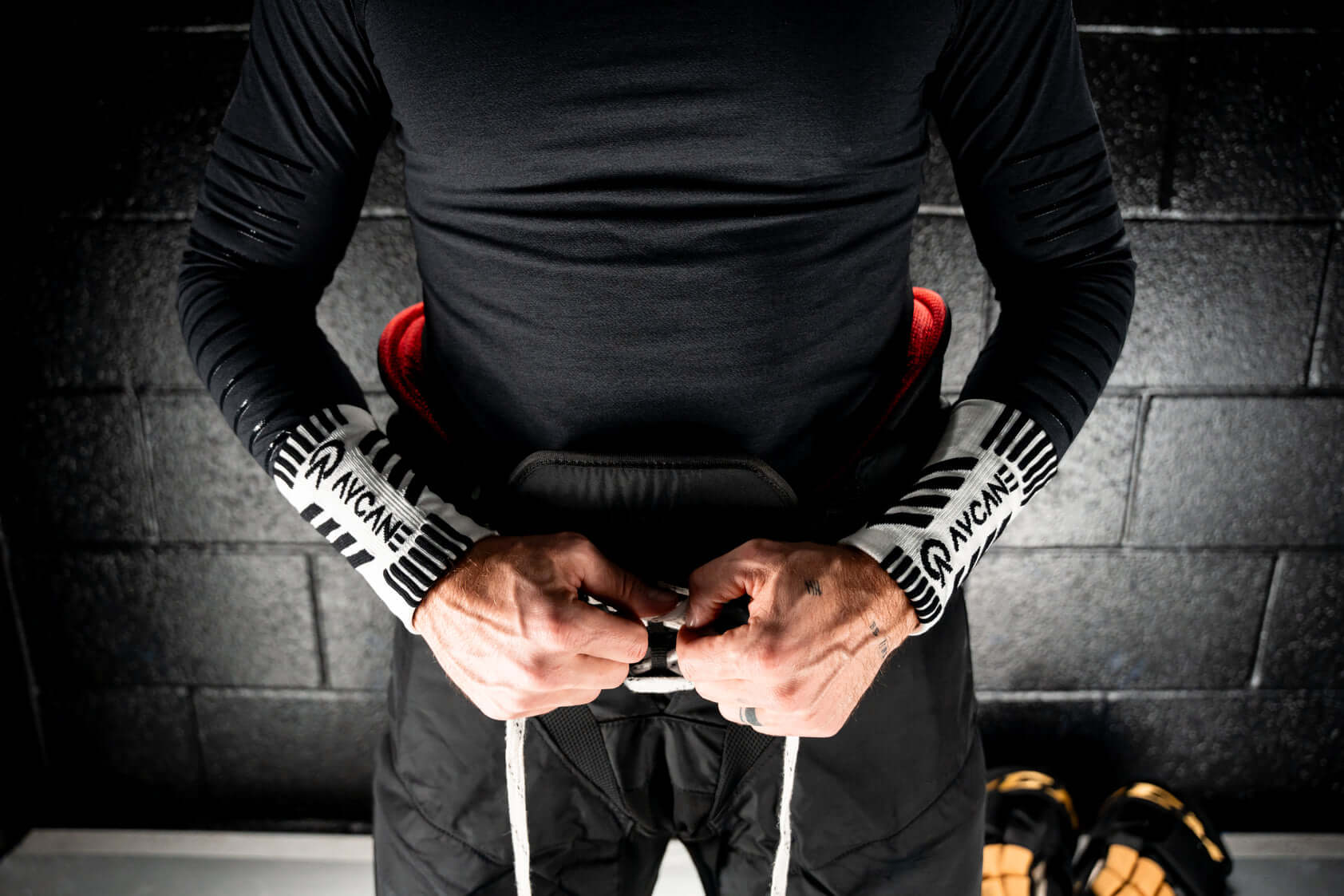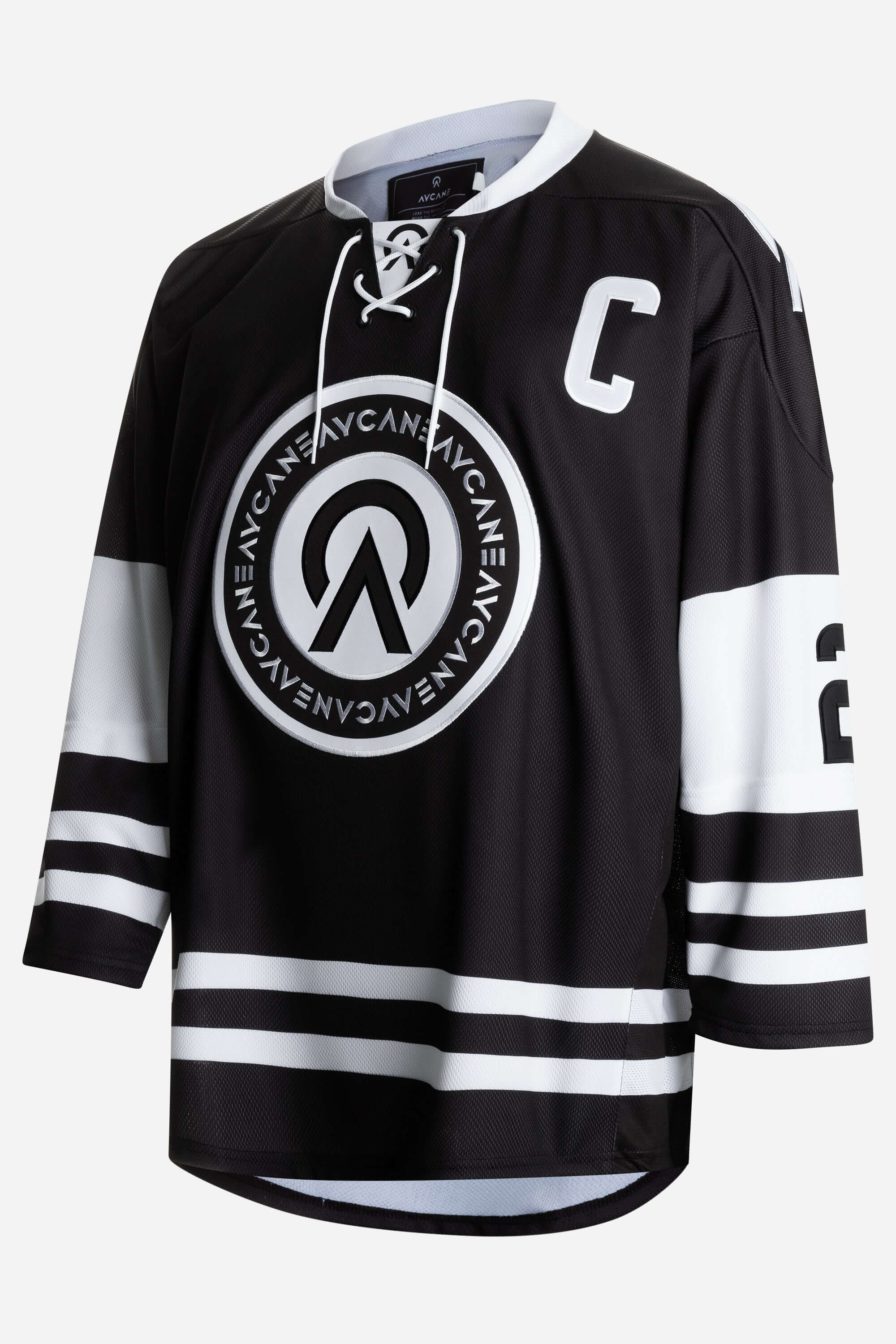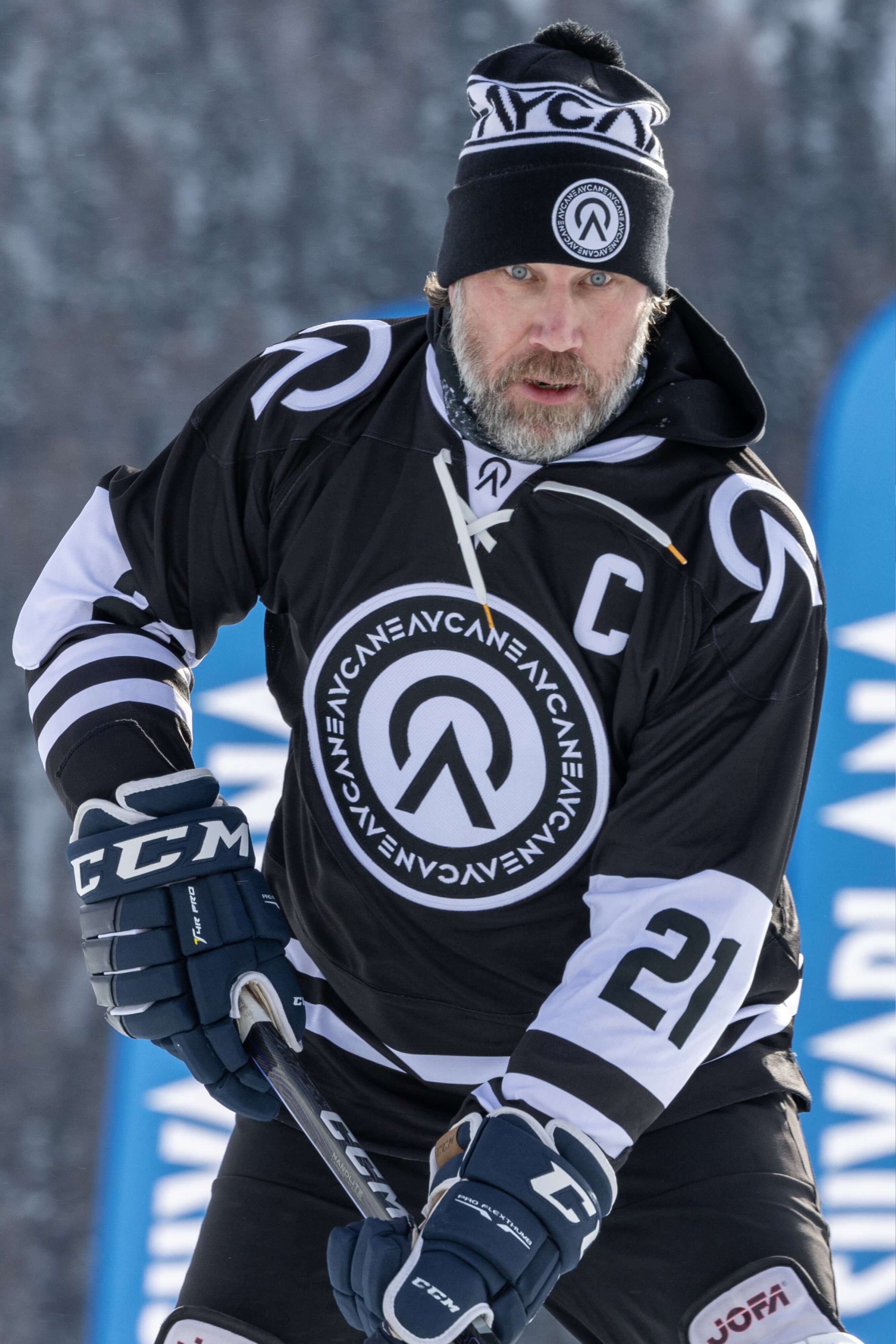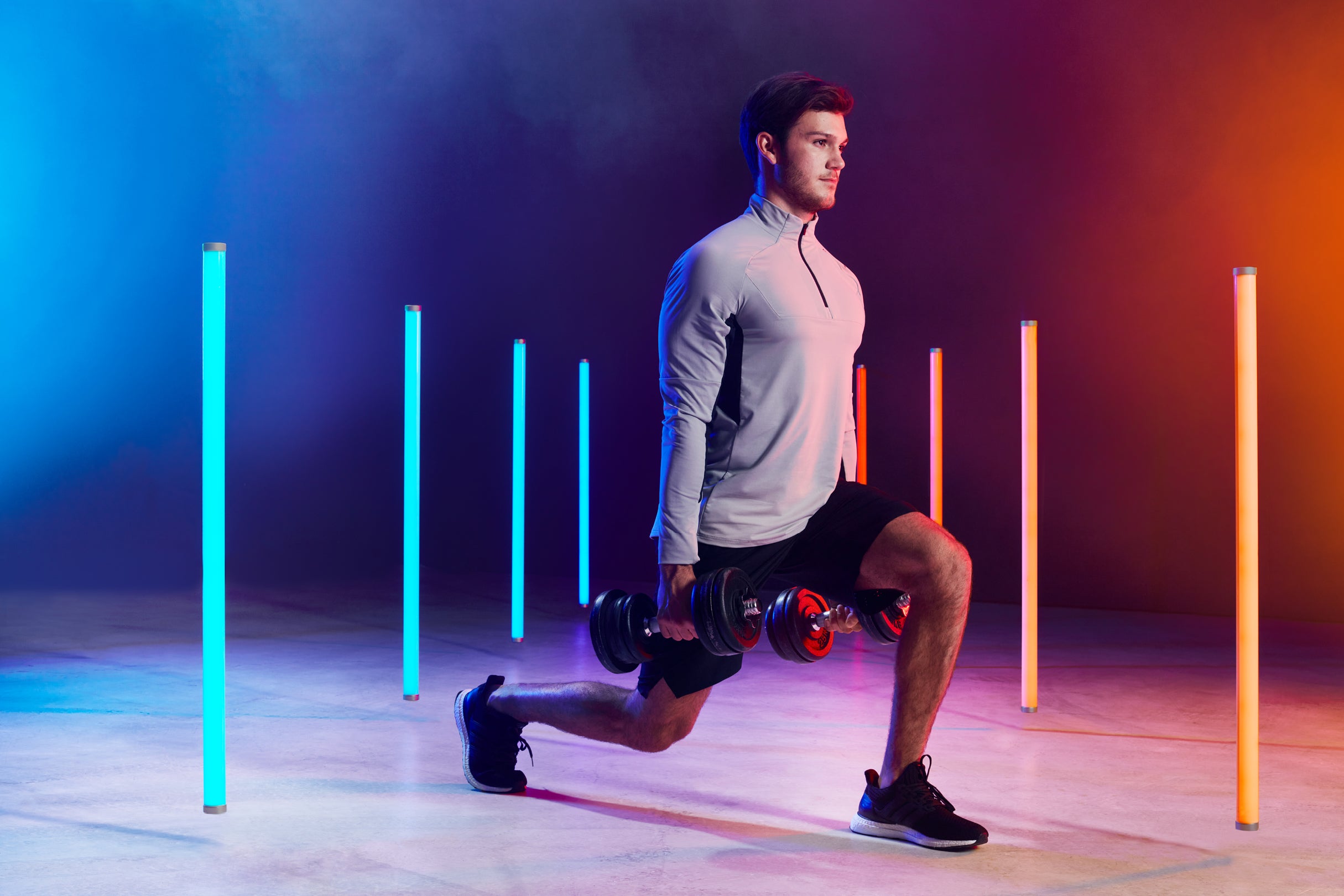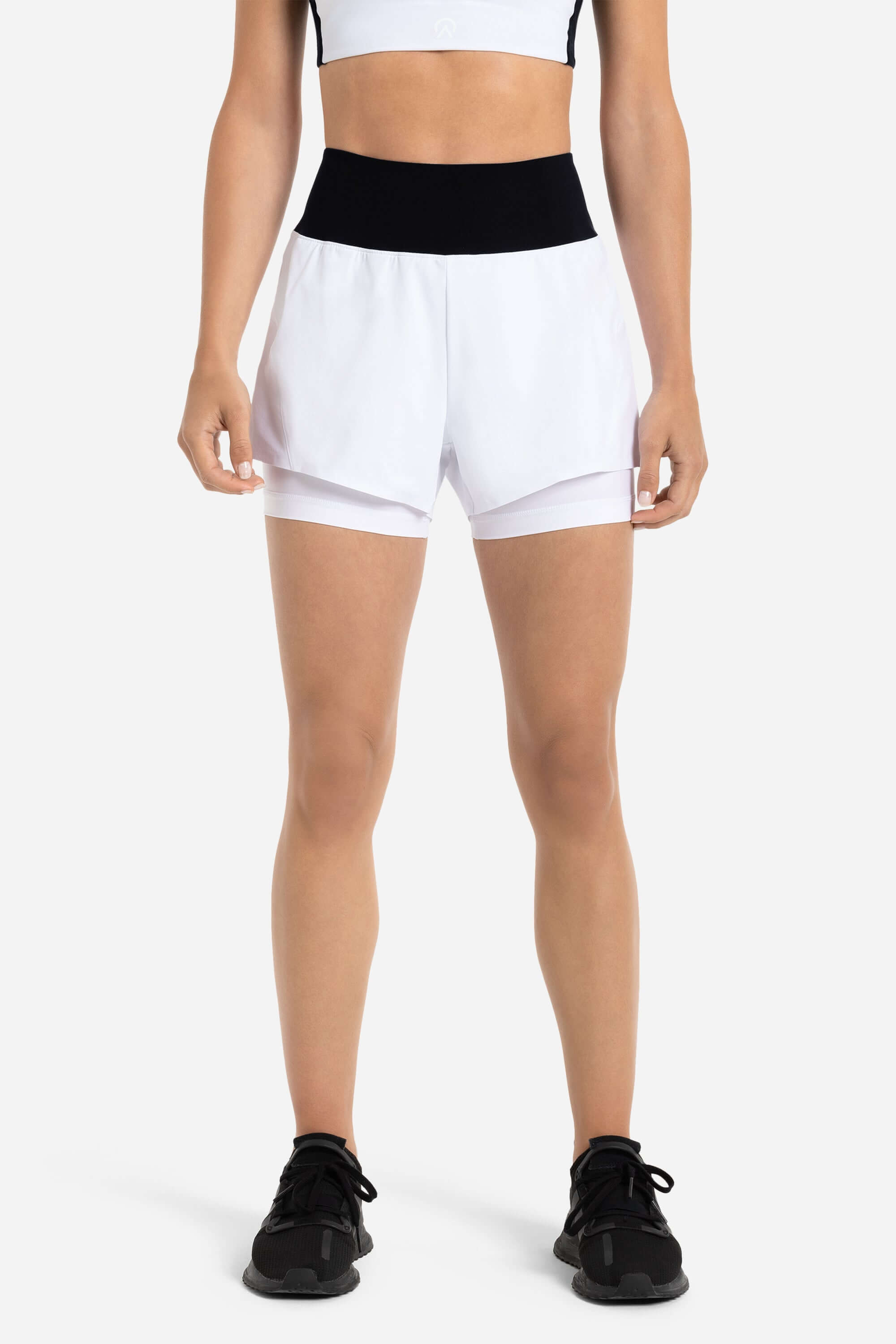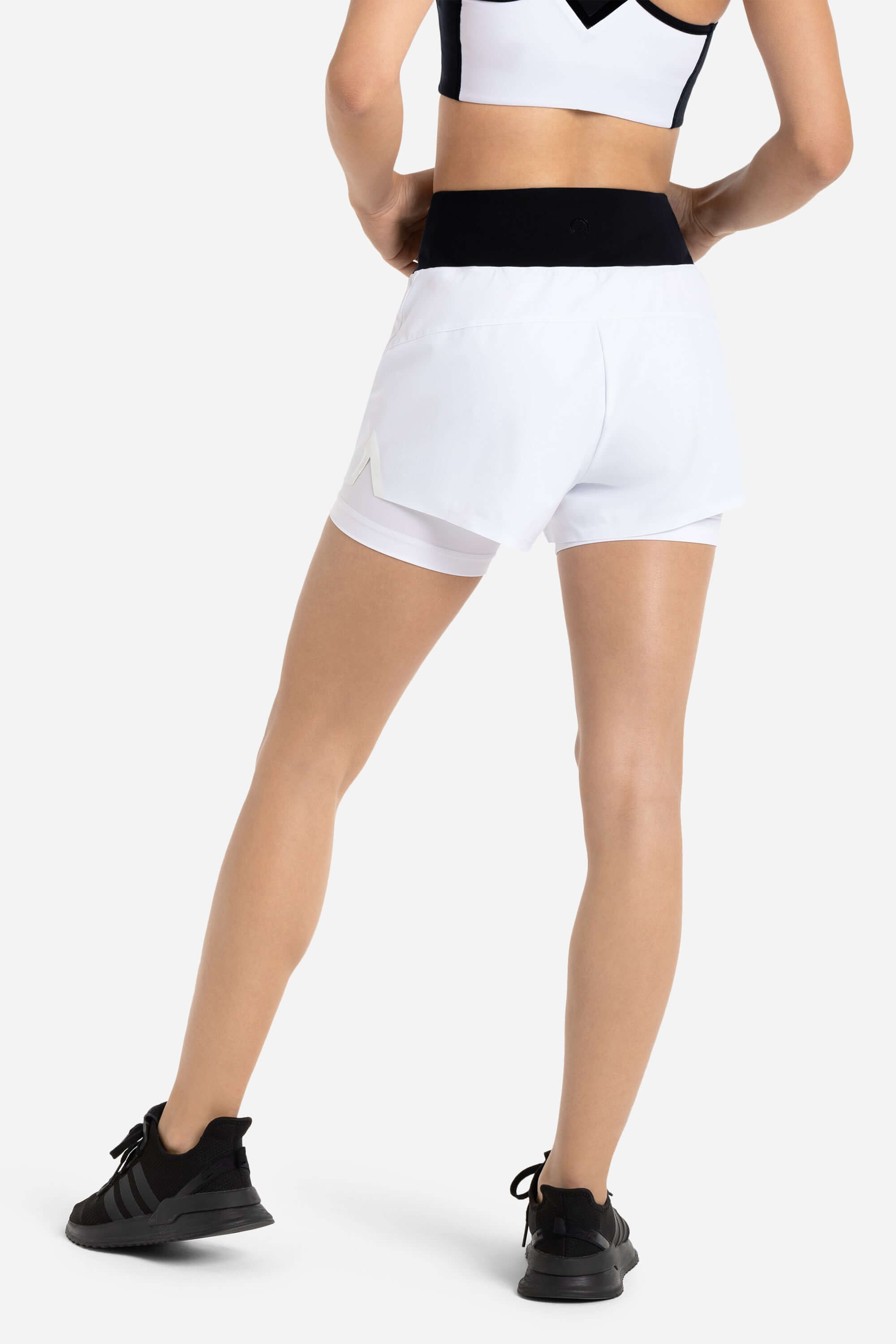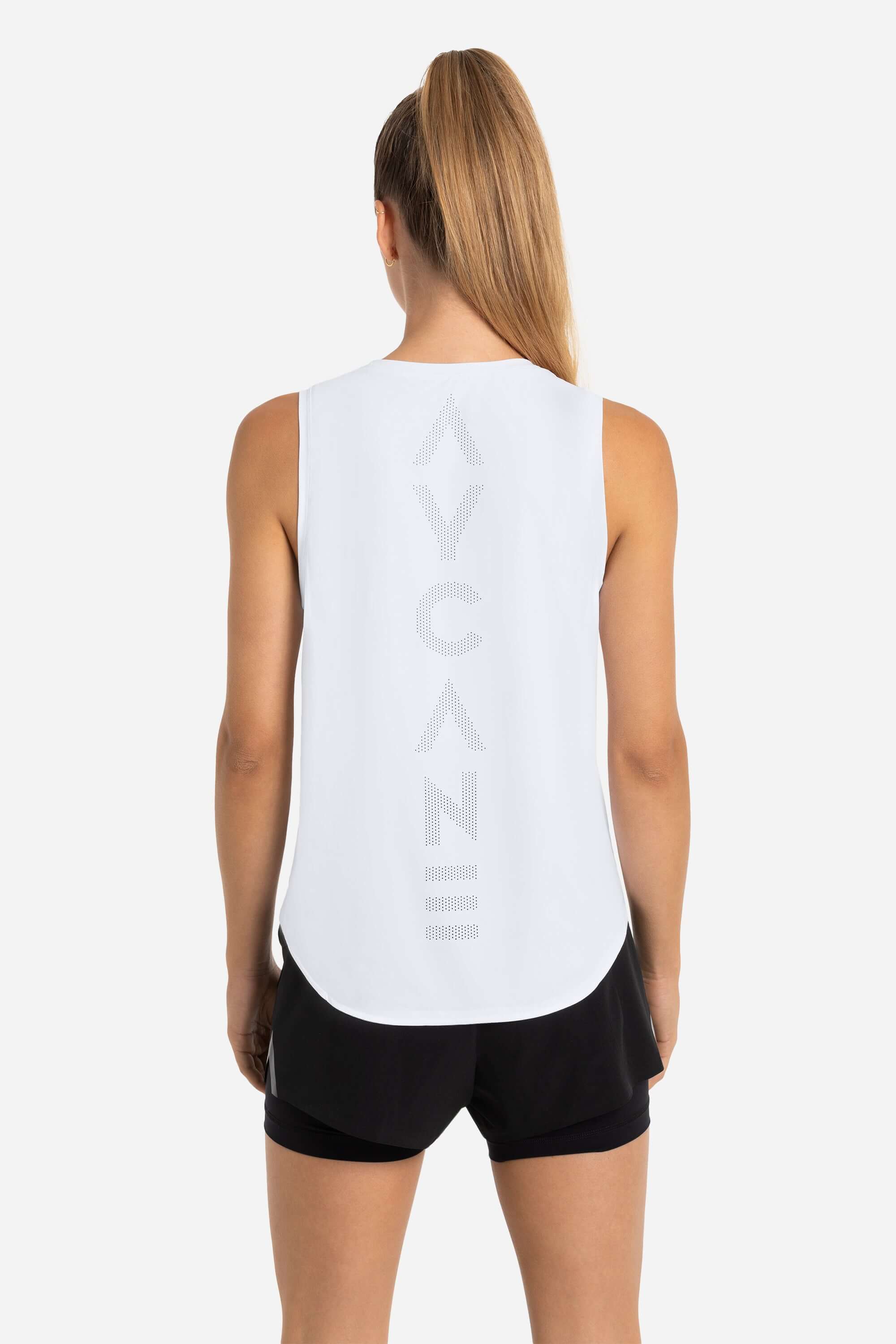Essential Ice Hockey Safety Tips: Stay Protected on the Ice

Ice hockey is an exhilarating sport that combines speed, skill, and teamwork. As with any physically demanding sport, safety should always be a top priority. Whether you're a seasoned player or a beginner, understanding and implementing proper safety measures is crucial to minimize the risk of injuries on the ice. In this blog post, we'll explore essential ice hockey safety tips to keep players protected and ensure a safe and enjoyable experience on the rink.
10 Safety Tips For Ice Hockey Players:
1. Wear Proper Protective Equipment
One of the most critical aspects of ice hockey safety is wearing appropriate protective gear. Invest in high-quality equipment, including a well-fitted helmet with a full face shield, elbow pads, gloves, wrist guards, shin guards, shoulder pads cut resistent socks and a mouthguard. Don't compromise on safety when choosing your gear.
2. Keep Equipment Well-Maintained
Regularly inspect your hockey equipment for any signs of wear or damage. Check for loose straps, frayed padding, or cracks in your helmet. Replace or repair any damaged equipment promptly to maintain its protective capabilities.
3. Warm-Up and Stretch
Before hitting the ice, dedicate time to warm-up exercises and stretching. A proper warm-up helps prevent muscle strains and injuries. Focus on dynamic stretches that mimic the movements you'll be performing during the game.
4. Follow Proper Skating Techniques
Skating is fundamental to ice hockey, and using correct techniques is essential for both performance and safety. Learn proper skating strides, stopping techniques, and turning to minimize the risk of falls and collisions.
5. Master Body Checking Safely
Body checking is a significant aspect of ice hockey, particularly in competitive leagues. If you're playing in a league that allows body checking, learn to execute checks safely and legally. Always keep the focus on fair play and avoid reckless hits that could lead to injuries.
6. Respect the Rules and Officials
Follow the rules of the game and respect the decisions made by the referees. Unnecessary roughness or arguing with officials can lead to dangerous situations and potential penalties.
7. Communicate with Teammates
Effective communication with teammates is essential during gameplay. Use verbal cues to indicate your intentions and alert teammates about opponents on the ice. Proper communication can prevent collisions and misunderstandings.
8. Be Mindful of the Boards and Glass
The boards and glass surrounding the rink can pose a significant risk if players collide with them forcefully. Be aware of your proximity to the boards and avoid turning your back to play near the barriers.
9. Hydrate and Take Breaks
Stay hydrated before, during, and after games or practices. Dehydration can affect your performance and increase the risk of injuries. Take regular breaks to rest and recharge during longer sessions.
10. Know Your Limits
Lastly, know your physical limitations and avoid pushing yourself too hard, especially if you're fatigued or recovering from an injury. Listen to your body and give yourself time to recover fully before returning to the ice.:


